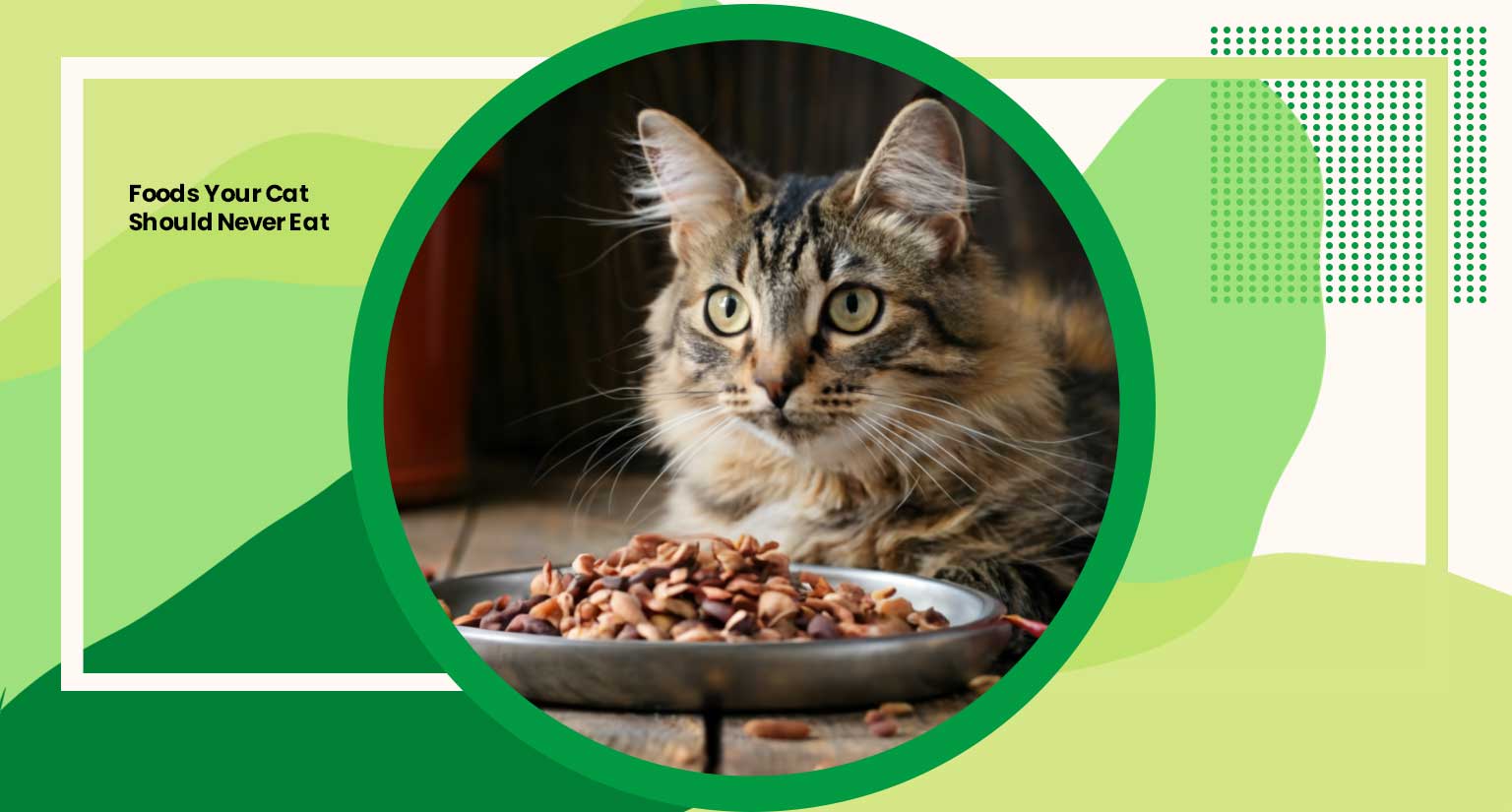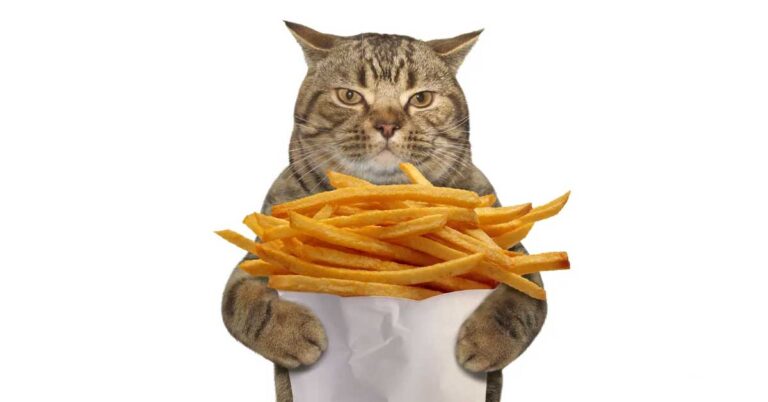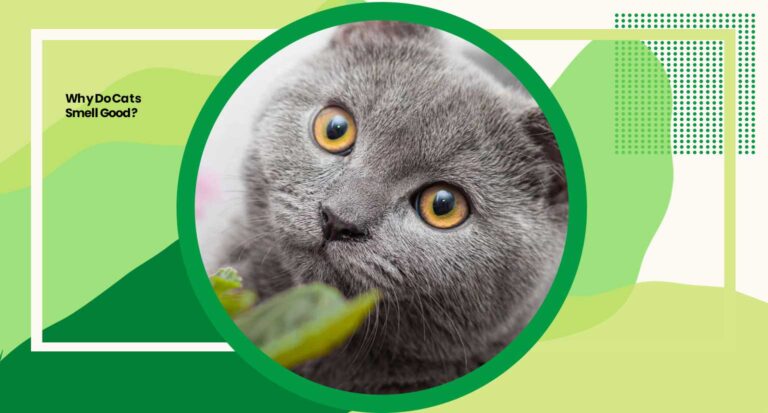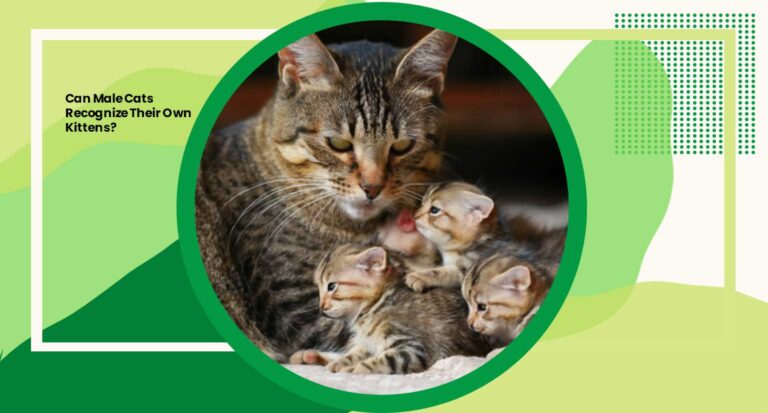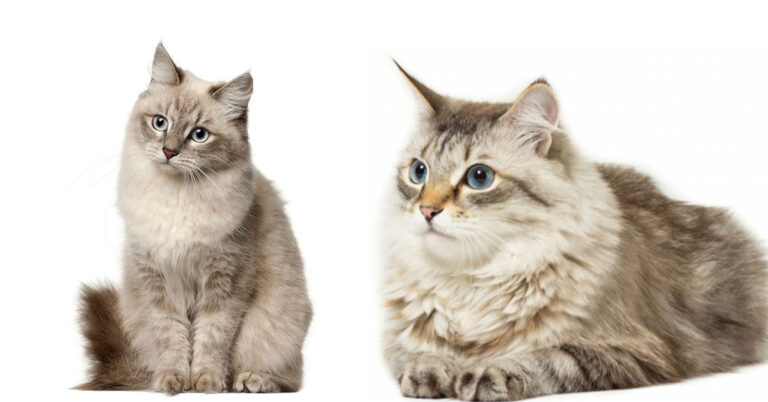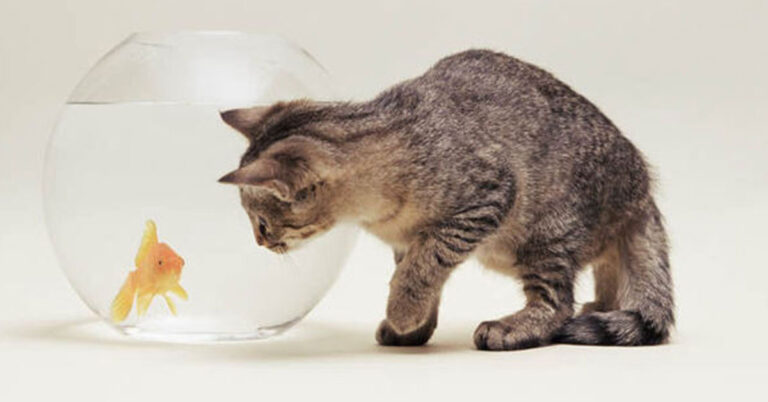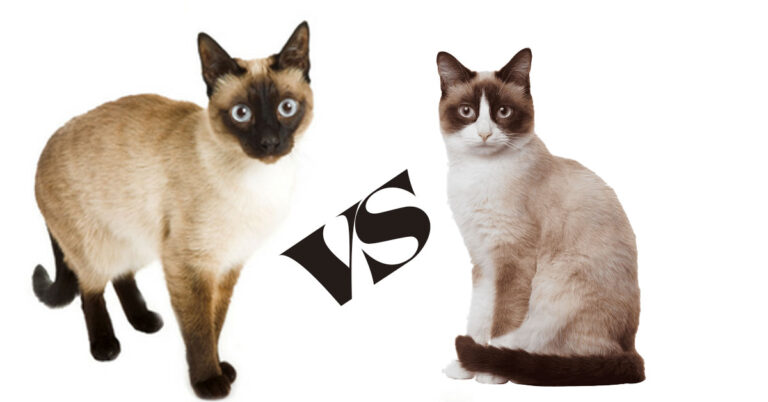Foods Your Cat Should Never Eat: 7 Ways to Keep Your Feline Safe
In the pursuit of keeping our feline friends healthy and happy, it’s crucial to be aware of the potential dangers lurking in their diet. Discovering the foods your cat should never eat is an essential aspect of responsible pet ownership.
This sheds light on the harmful substances that can compromise your cat’s well being. Whether you’re a seasoned cat owner or a newcomer, ensuring your cat’s diet aligns with their needs is paramount.
15 Foods That Are Toxic And Dangerous To Cats
Cats are curious creatures with discerning tastes, but not everything they encounter is safe for consumption. In fact, certain foods that humans enjoy can pose serious health risks to our feline companions. Understanding which foods are toxic to cats is imperative for maintaining their well being. Here’s a detailed look at 15 common foods that can be hazardous to your cat’s health.
Chocolate
Chocolate contains theobromine, a compound that cats cannot metabolize efficiently. Ingestion can lead to symptoms ranging from vomiting and diarrhea to seizures and even death.
Onions and Garlic
These aromatic ingredients, whether raw, cooked or powdered, can damage a cat’s red blood cells, leading to anemia and other health complications.
Grapes and Raisins
Even in small amounts, grapes and raisins can cause kidney failure in cats, manifesting as lethargy, vomiting and decreased urine production.
Alcohol
Cats are highly sensitive to alcohol, which can cause severe intoxication, leading to vomiting, disorientation and in severe cases, coma.
Caffeine
Found in coffee, tea, energy drinks and certain medications, caffeine can overstimulate a cat’s nervous system, resulting in rapid heart rate, tremors and seizures.
Xylitol
This sugar substitute is commonly found in sugar free gum, candies and baked goods. Ingestion can cause a sudden release of insulin in cats, leading to hypoglycemia and liver failure.
Raw Dough
Raw dough containing yeast can expand in a cat’s stomach, causing painful bloating and potentially leading to a life threatening condition called gastric dilatation and volvulus.
Bones
Cooked bones can splinter and cause internal injuries or blockages in a cat’s digestive tract, posing a choking hazard and requiring surgical intervention.
Fat Trimmings and Bones
Consuming fatty foods can lead to pancreatitis, a painful inflammation of the pancreas that can result in digestive issues and other serious health complications.
Milk and Dairy Products
Despite the common belief, many cats are lactose intolerant and lack the enzymes necessary to digest lactose, leading to digestive upset and diarrhea.
Raw Eggs
Raw eggs may contain salmonella or other harmful bacteria, posing a risk of food poisoning and gastrointestinal distress in cats.
Salt and Salty Foods
Excessive salt intake can lead to electrolyte imbalances and dehydration in cats, potentially resulting in kidney damage and other health issues.
Macadamia Nuts
Even a small amount of macadamia nuts can cause weakness, vomiting, tremors and hyperthermia in cats, necessitating immediate veterinary attention.
Avocado
Avocado contains persin, a toxin that can cause gastrointestinal upset, breathing difficulties and fluid accumulation around the heart in cats.
Canned Tuna (in Excess)
While small amounts of canned tuna may be safe as an occasional treat, feeding it regularly can lead to mercury poisoning and nutritional imbalances in cats.
Awareness of these toxic foods is essential for safeguarding your cat’s health and ensuring they lead a long and happy life. Always consult your veterinarian if you suspect your cat has ingested something harmful and never hesitate to seek professional help in emergencies. Remember, prevention is the best medicine when it comes to protecting your beloved feline companion.
Foods That Cats Can Enjoy Eating
While cats have specific dietary requirements and restrictions, there are plenty of foods that they can enjoy as part of a balanced diet. Providing variety and offering treats in moderation can add excitement to their meals while ensuring they receive essential nutrients. Here’s a detailed look at foods that cats can enjoy eating.
High Quality Cat Food
Commercial cat foods formulated for their nutritional needs are the foundation of a healthy feline diet. Look for options that feature real meat as the primary ingredient and are free from artificial additives and fillers.
Cooked Meat
Cooked meats such as chicken, turkey, beef and lamb are excellent sources of protein for cats. Be sure to remove any bones, skin and excess fat before offering them to your cat and avoid seasoning the meat with spices or additives.
Fish
While fish can be a tasty treat for cats, it should be offered in moderation due to potential mercury contamination and thiamine deficiency. Opt for cooked fish like salmon or tuna as an occasional indulgence rather than a staple part of their diet.
Eggs
Cooked eggs are a nutritious source of protein and essential amino acids for cats. Offer them scrambled or boiled without any added salt or seasoning. Avoid feeding raw eggs to prevent the risk of salmonella contamination.
Vegetables
Some cats may enjoy nibbling on vegetables like cooked carrots, peas or pumpkin in small amounts. These can provide fiber and essential nutrients but should not replace protein rich foods in their diet.
Fruits
Certain fruits like cantaloupe, watermelon and berries can be safe for cats to eat in small quantities. However, fruits should be offered as an occasional treat due to their natural sugars and potential for gastrointestinal upset.
Catnip
Catnip is a herb that many cats enjoy and can provide mental stimulation and enrichment. Offer dried catnip leaves as a treat or sprinkle them on scratching posts or toys for your cat to enjoy.
Grass
Some cats enjoy nibbling on grass, which can help aid digestion and provide essential nutrients. Consider offering cat friendly grasses like wheatgrass or barley grass as a safe indoor alternative.
Treats
Commercial cat treats specifically formulated for feline consumption can be offered in moderation as rewards or for training purposes. Look for treats made from high quality ingredients and avoid those containing excessive fillers or artificial additives.
Fresh Water
Last but not least, ensure your cat has access to fresh, clean water at all times. Hydration is essential for their overall health and well being.
Incorporating a variety of these foods into your cat’s diet can help keep mealtime exciting while providing the nutrients they need to thrive. Always consult with your veterinarian before introducing new foods to your cat’s diet, especially if they have any underlying health conditions or dietary restrictions. With proper care and attention to their dietary needs, you can help your feline companion enjoy a happy and healthy life.
Conclusion
In conclusion, being aware of the foods your cat should never eat is paramount to their safety and longevity. By understanding the potential risks associated with certain foods, you can take proactive measures to protect your feline companion from harm. Remember, prevention is key when it comes to maintaining your cat’s health and well being.
Always prioritize a balanced and species appropriate diet and never hesitate to consult with your veterinarian for guidance and support. Your cat relies on you to make informed decisions about their nutrition, so be sure to provide them with the care and attention they deserve.

